The Swimsuit Trap: How Summer Can Secretly Mess with Your Vaginal Health 👙💦

Nutrili fam, let’s talk.
It’s hot. You’re spending all day at the beach, in the pool, on a boat… until you start feeling a little off down there.
Let’s dive into the why (spoiler: it’s deeper than you think), and how to keep your vaginal microbiome healthy through every beach day and boat trip.
1. Moisture Isn’t Just Annoying—It Can Tip Your Vaginal pH Out of Balance 💧
Most people know that staying in a wet swimsuit isn’t ideal. But here’s what they don’t know: prolonged moisture exposure doesn’t just cause chafing—it can disrupt the vaginal ecosystem.
Your vagina is home to an army of friendly bacteria (primarily lactobacilli) that help produce lactic acid, which keeps your vaginal pH slightly acidic (between 3.8–4.5) (study). That acidic environment is what prevents the overgrowth of harmful bacteria and yeast (source).
👩 OBGYNs explain: when you sit in a wet swimsuit, you’re giving yeast the dark, warm, damp home it loves—and potentially flushing out or weakening your lactobacilli defense (study).
👉 What to do: Bring a change of dry clothes. Even better? Pack cotton underwear—it’s breathable and doesn’t trap moisture like synthetic fabrics (ACOG advice).
2. It’s Not Just Moisture—Chlorine & Salt Can Irritate the Vaginal Microbiome, Too 🧪🌊
Chlorinated pools may feel refreshing, but many gynecologists warn they can dry out vaginal tissue and make it more prone to irritation. Chlorine can also disrupt the natural bacterial balance, especially for women with already sensitive skin or a history of infections (research).
Saltwater? Slightly better, but still drying. It can leave the skin feeling tight and flaky—including the delicate vulvar area (study).
👉 Pro tip: Look for swimsuits made of quick-dry material like polyester or lycra, and avoid textured fabrics that hold onto moisture longer.
3. Your Vaginal Microbiome Is Your Built-In Defense System—But It Needs Support 🦠
We talk about the gut microbiome a lot, but your vaginal microbiome is just as important and equally sensitive. This delicate balance of microorganisms protects you from infections by regulating pH and preventing yeast from multiplying (review).
Here’s what throws it off:
- Wet or sweaty clothing
- Harsh soaps or douches
- Antibiotics
- Unbalanced diets
- Hormonal shifts (PMS, birth control, menopause)
Once thrown off, it becomes easier for symptoms like:
- Itching or burning
- Unusual discharge
- Yeast infections
- BV (bacterial vaginosis)
👉 The fix: A daily vaginal probiotic like women’s probiotics can help restore balance and support your body’s natural defense system, especially during summer, when disruption is more likely (meta-analysis).
4. Sweatpants & Activewear Can Be Just as Risky as Swimsuits 🏋️♀️💦
For many of us, tight leggings or non-breathable underwear are everyday wear. But here’s the catch: tight, synthetic clothes trap sweat, creating the same moisture-rich conditions that lead to vaginal irritation and yeast overgrowth (ACOG guidance).
👩 Gynecologists advise: if you’re sweating a lot, change ASAP. Even if it’s just switching into dry underwear after a workout, small changes make a big difference.
👉 Choose moisture-wicking, breathable, and antimicrobial fabrics whenever possible.
5. What You Eat (and Drink) Impacts Your Vaginal Health 🥦💧
The connection between the gut and vaginal microbiome is real. What you eat directly influences the bacteria throughout your body—including down there (study).
A high-sugar diet, for example, can feed yeast (review). Low hydration levels can lead to dryness and irritation. And lacking essential nutrients can weaken your immune response, making it harder to fight infections.
👉 Nutrili tip:
- Load up on probiotic-rich foods like yogurt and fermented veggies
- Stay hydrated (especially after sun exposure)
- Consider cranberry PACs to support urinary tract health (bonus: they’re in our Healthy V formula!)
6. Recurring Infections? It’s Time to Talk to Your Gyno 👩
Even if you’re doing everything “right,” sometimes things still feel off. Persistent symptoms like itching, burning, or recurring infections deserve medical attention. You might be dealing with a stubborn yeast overgrowth, BV, or even something unrelated.
👉 Important: Vaginal probiotics are great for preventative support, but treatment should always come from a healthcare provider.
Bottom Line: Your Vaginal Health Deserves Summer Protection, Too ☀️
Just like we protect our skin from sunburn, it’s time we start protecting our vaginal microbiome from summer stressors (study).
The goal? Keep things dry, breathable, pH-balanced, and well-fed.
So pack that dry change of clothes. Swap out tight activewear. Sip more water. And add a daily probiotic that’s built to support what your body naturally does best
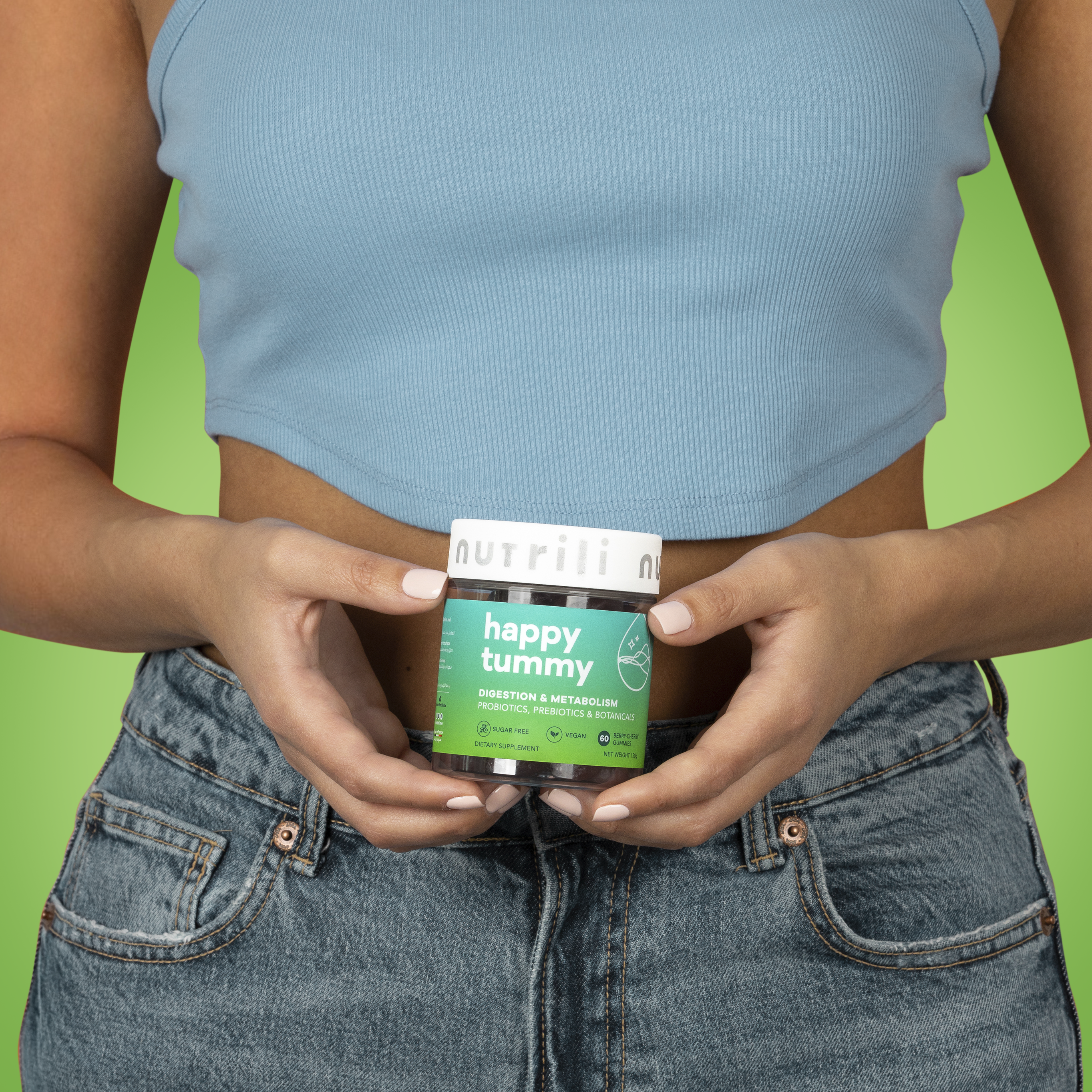
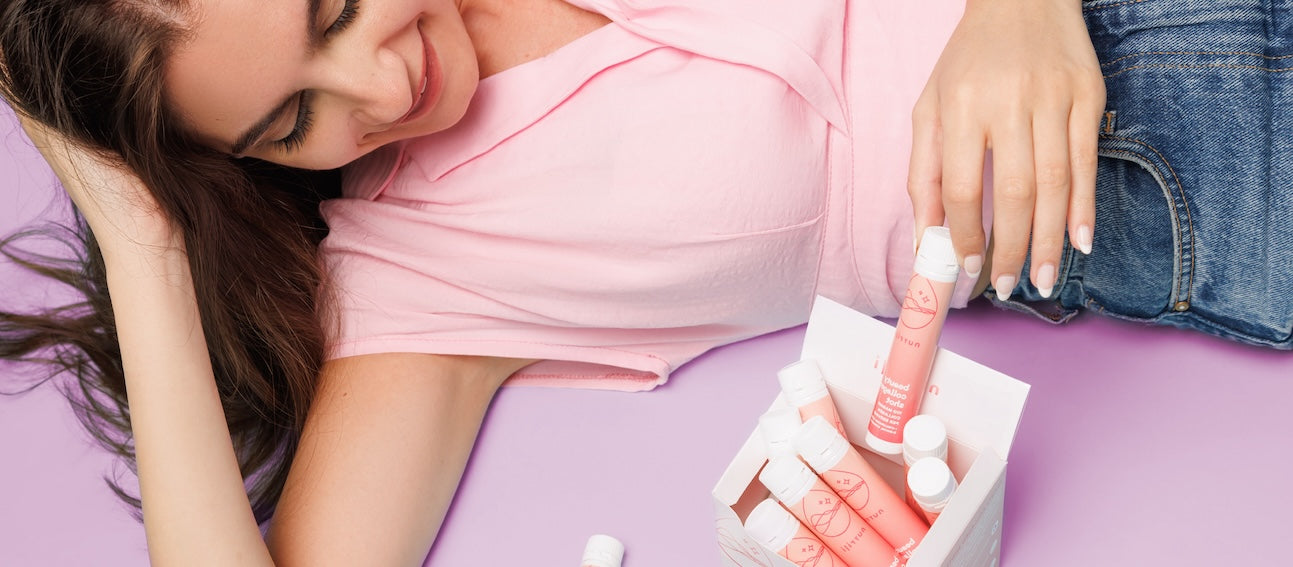
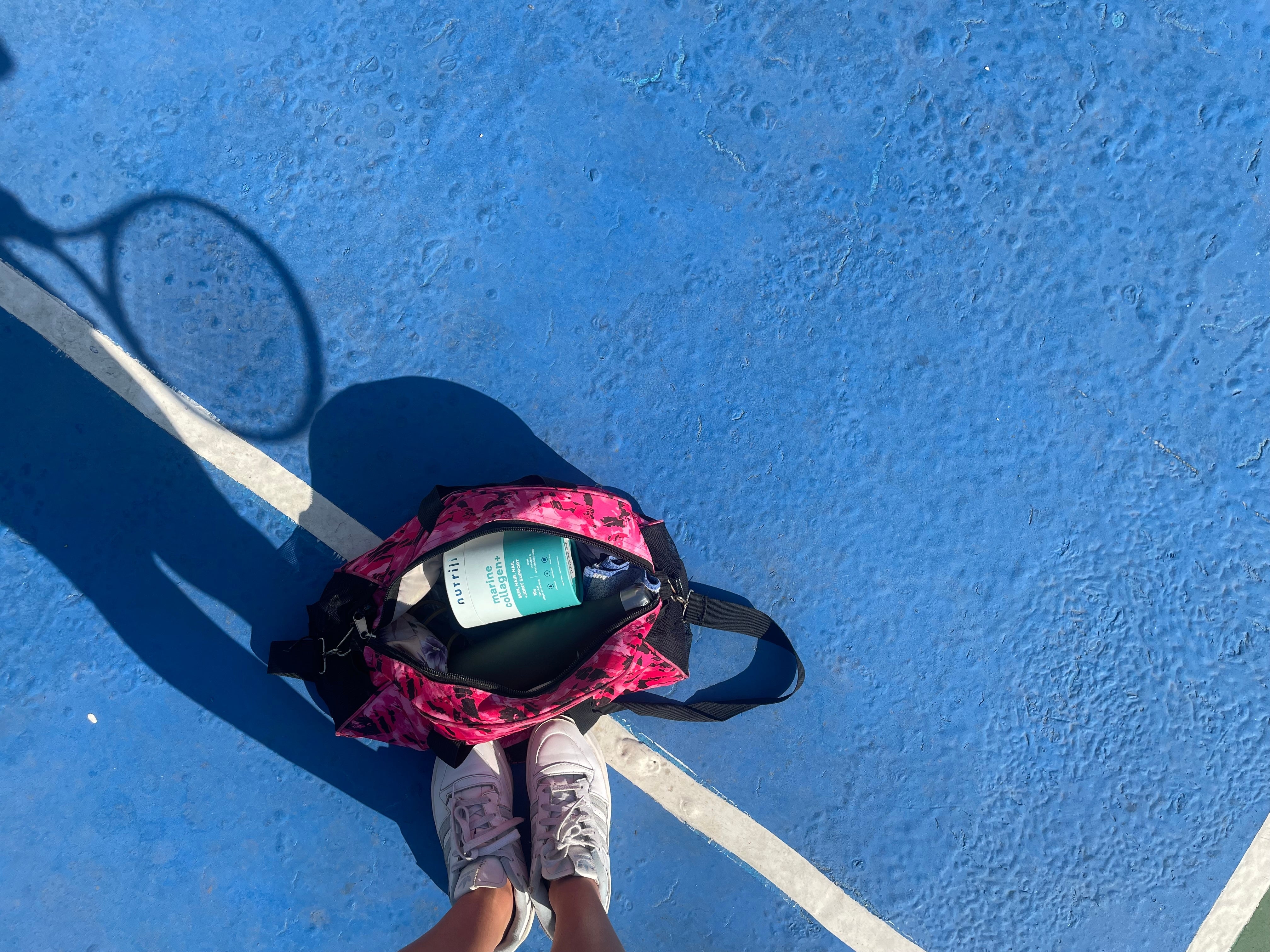









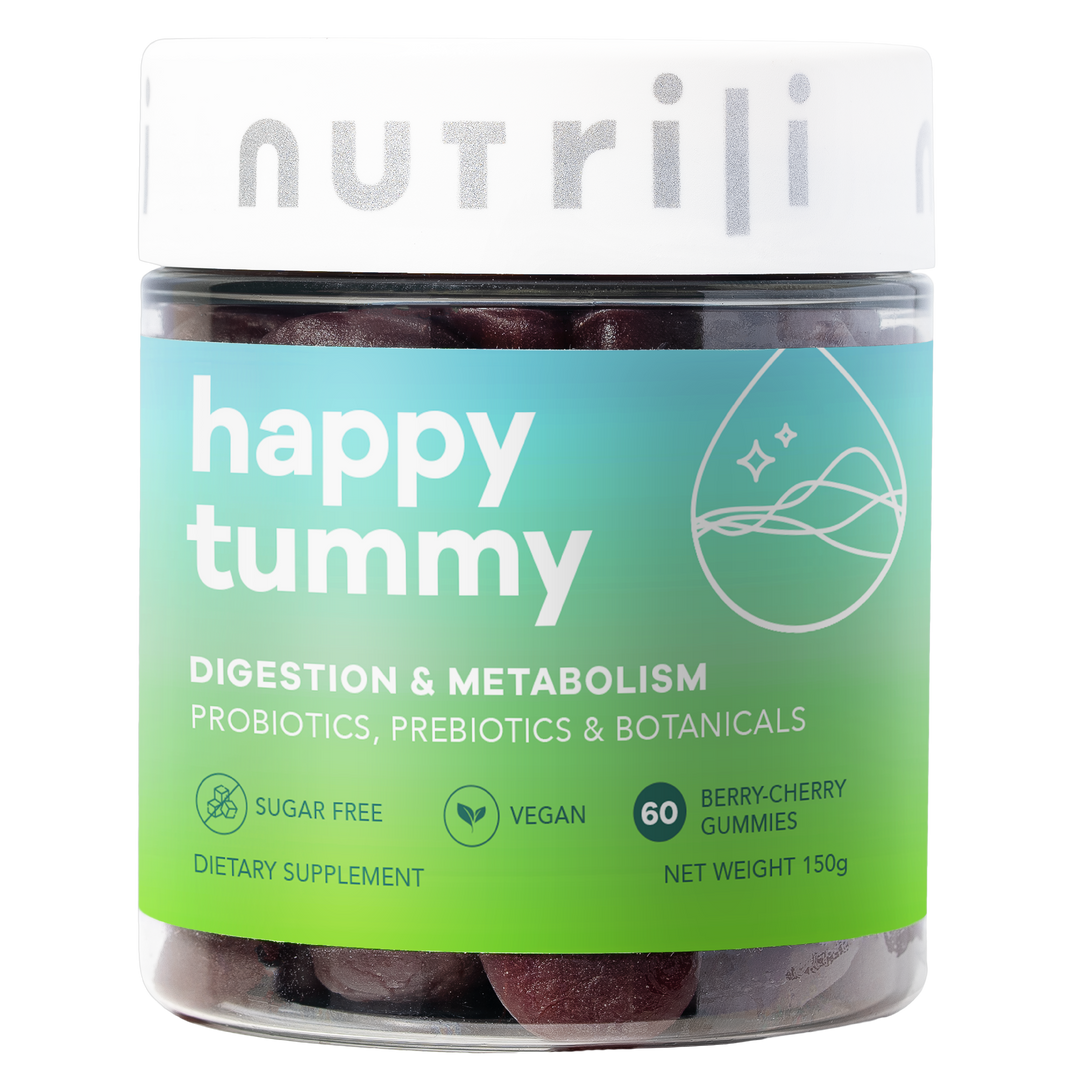
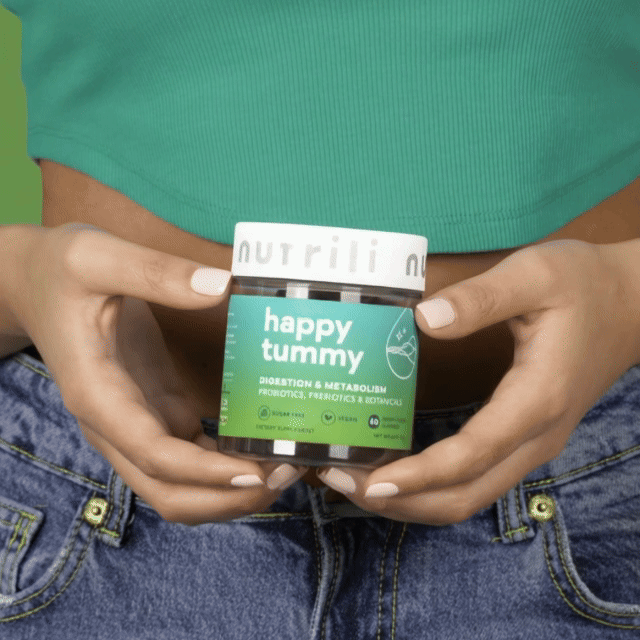


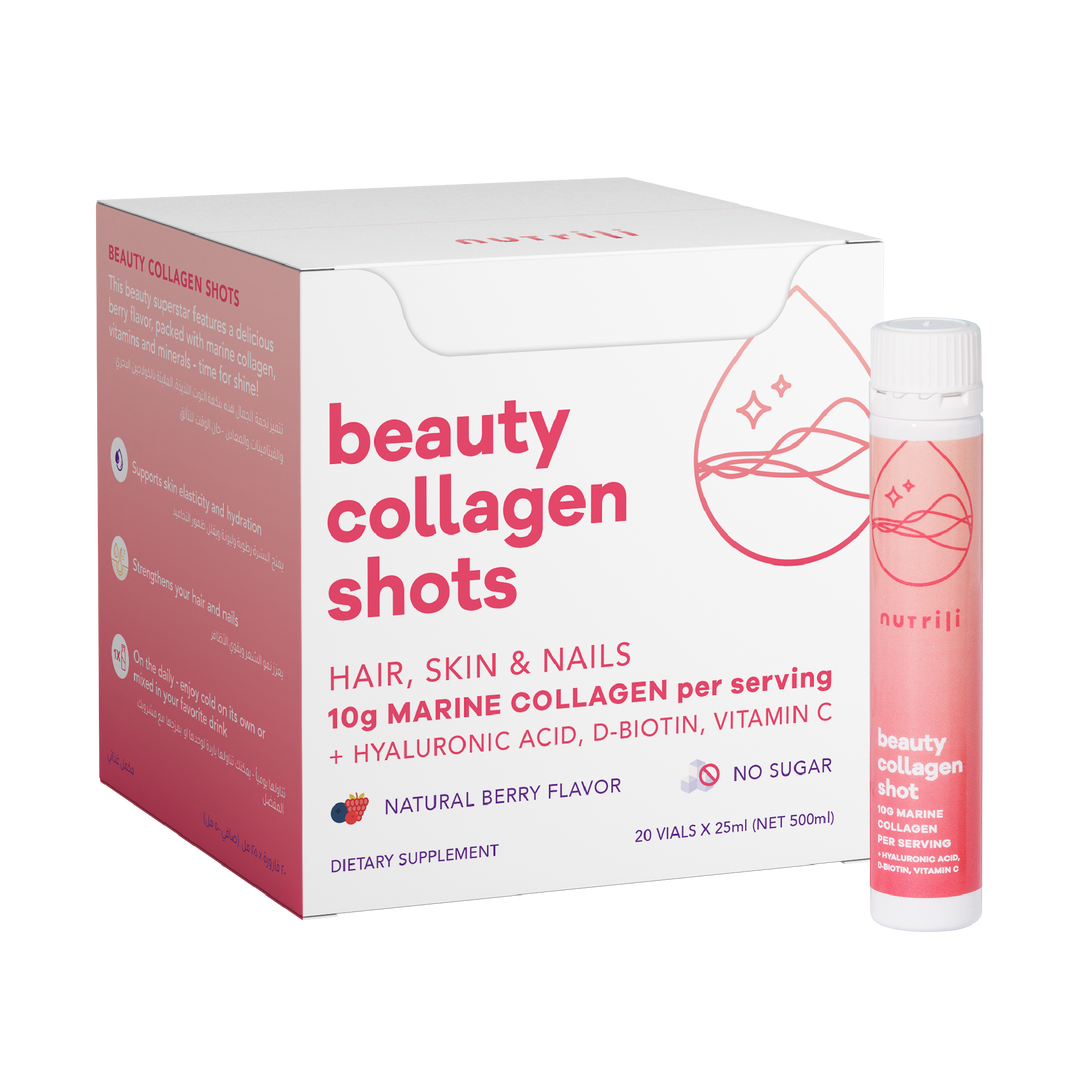
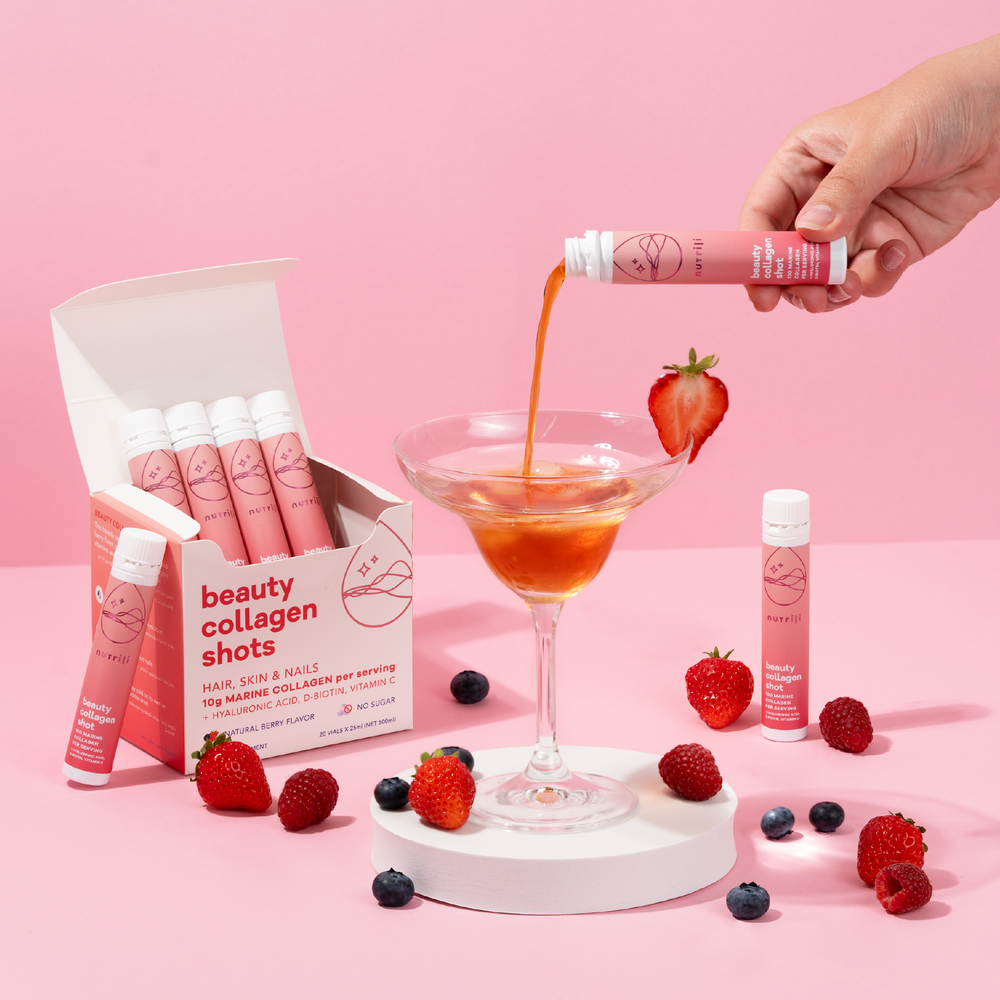
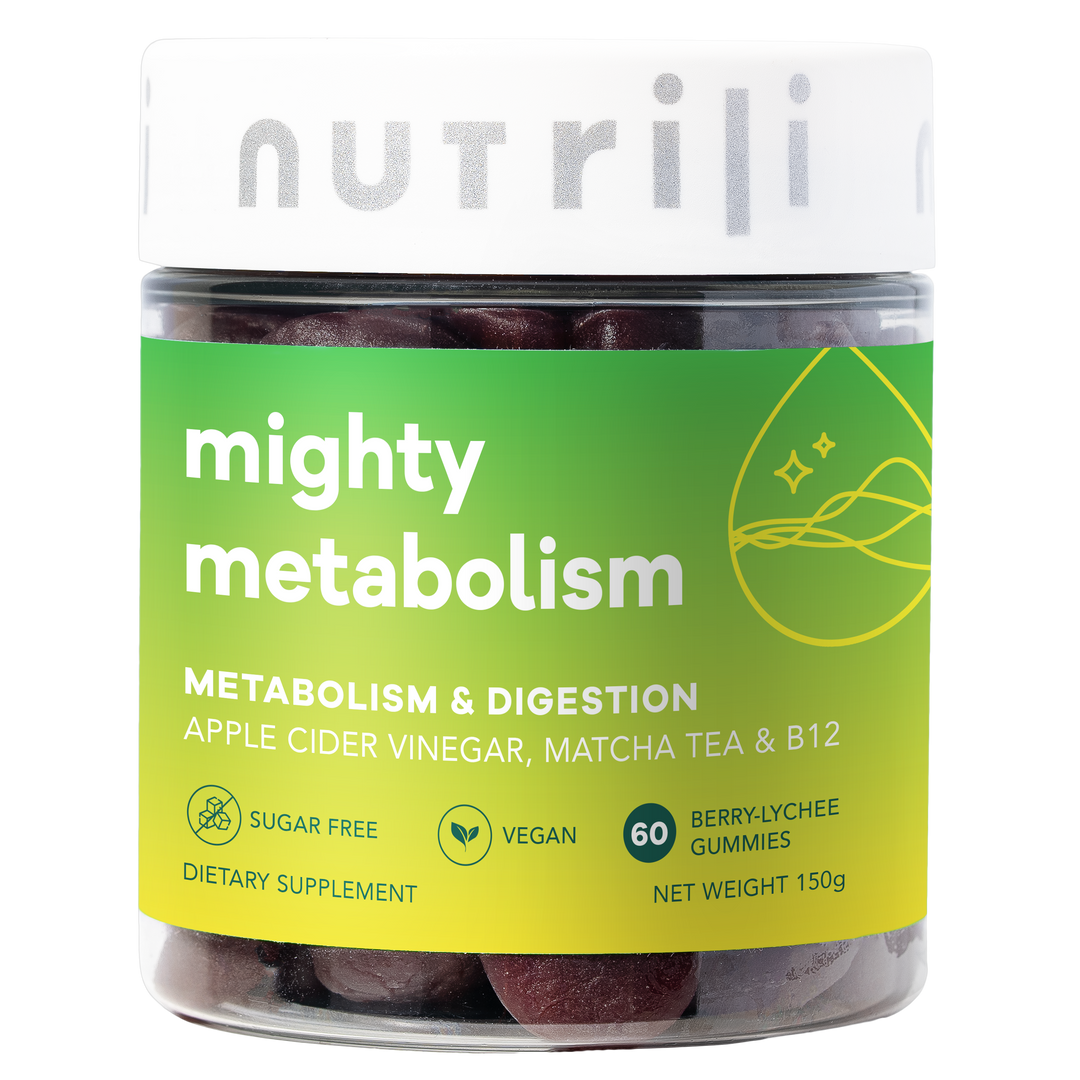
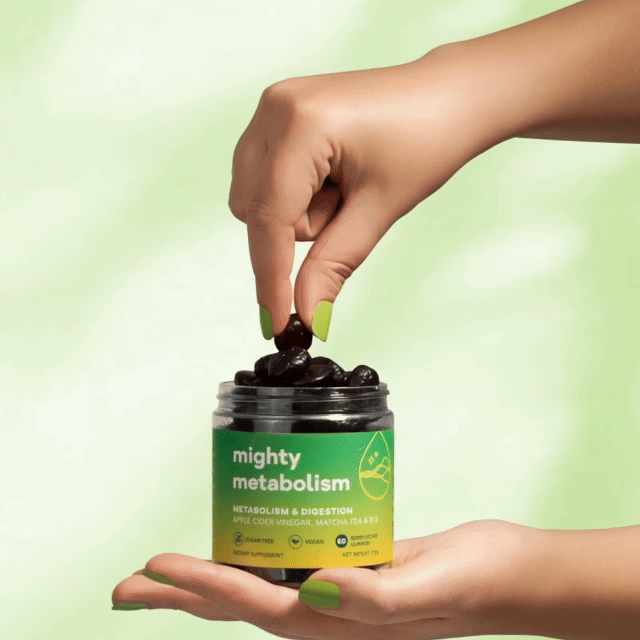
World Rehabilitate Clinic Herbs promotes natural healing with herbal remedies for herpes (HSV-1 & HSV-2), diabetes, stroke, and excess weight. Their plant-based formulas support viral control, blood sugar balance, stroke recovery, and natural weight loss by boosting circulation, nerve function, and metabolism. Rooted in tradition and backed by modern insight, they offer safe, effective alternatives for lasting wellness.
I recommend exploring World Rehabilitate Clinic for effective nutritional supplements to combat disease. Their formula helped me overcome HSV-1&2.
Leave a comment